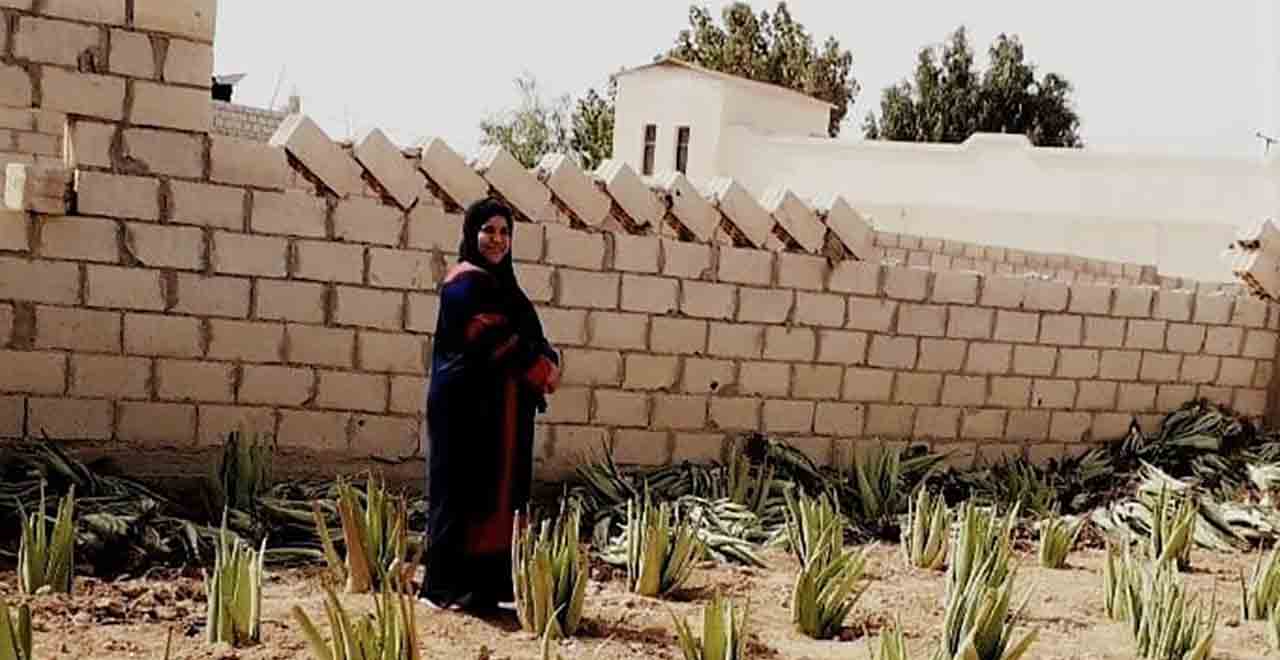Global community has recently devoted renewed attention to putting job creation at the heart of economic policy-making and development plans, since it is conceived as a powerful tool to generate decent work opportunities and more robust, inclusive, and poverty-reducing growth.
Within this framework, the ongoing research project “Working out of poverty: accompanying the poor to become dignified agents of their development” assesses, in a multidisciplinary approach, the transformative potential of institutions, policies and practices aimed at activating personal and community initiative, creating decent work opportunities, and fostering economic participation. The project – financed by the Università Cattolica del Sacro Cuore and involving multiple national and international research partners – has been developed with reference to four specific case studies aimed at highlighting the role that decent work creation and durable relationships bring in terms of poverty reduction.
One of them refers to women’s economic participation in rural Jordan. Conducted at the Department of International Economics, Institutions and Development (DISEIS), the study takes advantage of the collaboration with Fondazione Giovanni Paolo II which is implementing a development initiative aimed at revitalizing the agricultural sector by sustaining the creation of income-generating opportunities through the introduction of a value-added agricultural commodity (Aloe Vera), and promoting technological innovation through knowledge transfer and skills development. The development initiative, financed by the Italian Agency for Development Cooperation (AICS), is still ongoing and expected to be concluded in 2022.
One component of the initiative addresses women’s economic participation, fostering targeted accompaniment processes to sustain them in acquiring agricultural and management skills, and favouring an environment to enhance women’s opportunities to increase household income.
Within this framework of action, the case study aims to improve our understanding of the drivers, especially of relational nature, that can enhance women’s economic participation and community involvement.
The research is designed as a longitudinal study based on two waves of data collection: a baseline which illustrates the situation before the development initiative implementation, and a follow-up which will show the outcome after the conclusion of the activities. The comparison between the two, carried out by statistical means, will allow us to elicit the effect produced by the development initiative in terms of material outcome (income generating activities and community involvement), and the role of stable relations and accompaniment in achieving such results. We elaborated dedicated quali-quantitative research tools to collect data on the field (questionnaire, focus groups and in-depth interviews).
The sample is composed by 107 rural women living in five different districts of Jordan and participating in local community organizations.
Preliminary descriptive results based on the baseline are available and they can be briefly summarized in three main topics.
Firstly, although women (families) hold available land and show a general willingness to be involved in small-scale agricultural activities to support household income (93% of interviewed women), almost 70% of them report they do not farm the land. The main reasons are identified in the lack of productive inputs and financial burden (especially related to water costs), and high risks about harvest and the possibility to succeed. That is, material deprivation and uncertainty shrink economic opportunities and limit women’s capabilities to participate in household income.
Secondly, we noticed an inconsistency between the expression of a general aspiration at increasing their economic participation, and actual attitudes. Despite having free access to an income generating activity suitable for their needs and the possibility to acquire the expertise required to cultivate Aloe Vera, most women (68%) show weak and opaque expectations about material results. A further qualitative investigation reveals a rather wait-and-see attitude that highlights a short-sight perspective. In this respect, it should be noted the existence of several impediments to women’s economic participation: among others, management skills are very low, and this “illiteracy” can reasonably contribute to a less pro-active attitude. This preliminary finding underlines the need for an accompaniment process based on both continuous technical assistance and motivational support, aimed at enhancing agency and, eventually, encouraging a more entrepreneurial approach to economic activities.
Thirdly, among their non-material expectations, some women report increasing personal development and community life (13%), highlighting the link between economic participation, self-development, and social engagement. In this regard, the quality of relations within local organizations matters.
Overall, we found that there is the scope to strengthen technical capacities of women engaging in home-based agricultural activities and to provide direct material support. This will empower women to enhance economic participation and reduce social dimensions of exclusion.
The case studies composing the research program refer to quite different national and international experiences – ranging from agriculture revitalization and women’s economic participation in rural Jordan to the creation of economic activities in indigenous communities in Puebla (Mexico) to mentorship programs for labour market inclusion of vulnerable people in Italy.
Despite such variance, these experiences share a common ground: understanding poverty in terms of material resources and outcomes, but also in terms of social exclusion and relational deprivation; and conceiving durable relationships (accompaniment) as a crucial component of the process of sustainably exiting poverty, as they can enable poor people to become dignified agent of their own development.
Through a series of public seminars and publications, the research program (still operating, having faced several difficulties in collecting field data due to the persisting of the SARS-CoV-2 pandemic) aims at fostering a multidisciplinary dialogue about the inner mechanisms that support desirable material outcomes (decent work creation and economic participation). Thus, it focuses not only on assessing outcomes, but also on understanding the actual processes, paying special attention to the role of personalized relations. We therefore aim at spreading the identified good practices and encourage their replicability.
THE SEMINAR
Within the research program “Working out of poverty: accompanying the poor to become dignified agents of their development” – University Interest Project – the online seminar “Agricoltura, lavoro e inclusione femminile. L’esperienza della Giordania” will take place on May, 3 (4:30 pm, CEST).
During this seminar, the preliminary results of the mentioned case study will be presented by Sara Balestri (UCSC). Further speakers will enrich the discussion: Paolo Maggiolini (UCSC) and Silvia Muzi (World Bank) will discuss the geo-political issues of the agricultural sector and women’s entrepreneurship challenges in Jordan.




